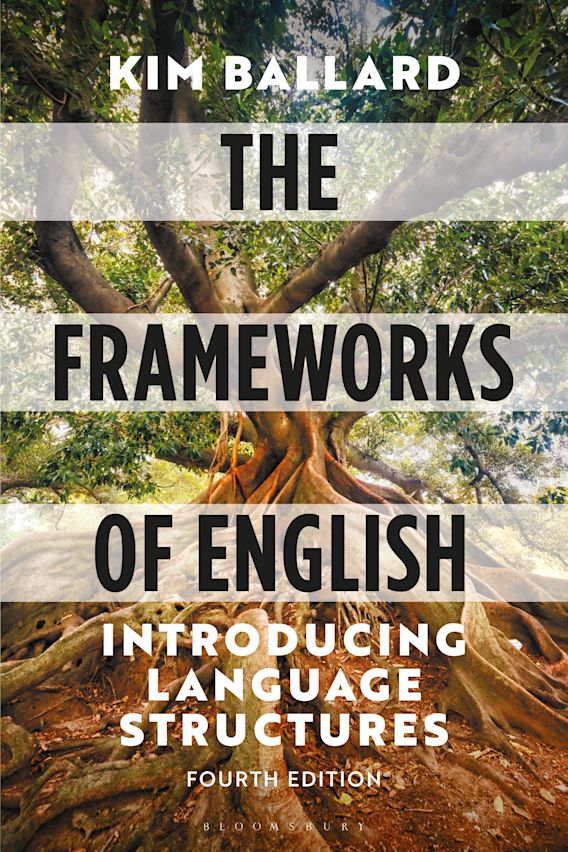



johndoe@gmail.com
Are you sure you want to reset the form?
Your mail has been sent successfully
Are you sure you want to remove the alert?
Your session is about to expire! You will be signed out in
Do you wish to stay signed in?
Question 1 (Consolidate)
Change the verb phrase in the following sentence into the tense and/or aspect specified.
The students protest about funding in education
1. present tense, progressive aspect
2. past tense, perfect aspect
3. progressive aspect with modal could
4. past tense, perfect progressive aspect
5. simple past tense
Answer
1. are protesting
2. had protested
3. could be protesting
4. had been protesting
5. protested
Question 2 (Explore)
We saw in Section 5.5 that the simple present and past tenses don’t necessarily refer to present and past time. For each of the examples, identify the time reference of the underlined present tense verb(s) and, if relevant, suggest the possible context in which the example might occur:
| 1 | A horse goes into a bar and orders a drink |
| 2 | If you go to London next week, I can meet you there |
| 3 | According to her message, I gather she’s already left. |
| 4 | Pensioner wins lottery millions |
| 5 | Shakespeare uses many references to the natural world in his plays |
| 6 | The exams finish tomorrow |
| 7 | I apologise for my late reply |
| 8 | We watch as the Queen arrives at Westminster Abbey |
| 9 | It’s good that you eat an apple every day |
| 10 | The earth orbits the sun |
Answer/discussion
| time reference | comments on the use of the present tense | |
| 1 | An unspecified time in the past. | Sometimes used to tell stories, including jokes. |
| 2 | The future, specifically next week. | Used in some subordinate clauses, such as if-and when- clauses. (See Sections 7.9 and 7.10.) |
| 3 | An unspecified time in the past, but the recent past is implied by has already left. | Used to report that information has been received (and is still relevant). |
| 4 | The very recent past. | Used in newspaper headlines for news that has just broken. |
| 5 | The past, specifically the period when Shakespeare was writing his plays. | Commonly used when describing works of literature, art and so on. |
| 6 | The future, specifically tomorrow. | |
| 7 | The point of utterance | Verbs can be performative, enacting what is said (or written). (See Section 7.3.) |
| 8 | The moment of utterance - ongoing | Used for commentaries on events as they happen. |
| 9 | Past, present and future | Used to describe things that happen habitually. |
| 10 | Past, present and future | Used to refer to facts. |

.